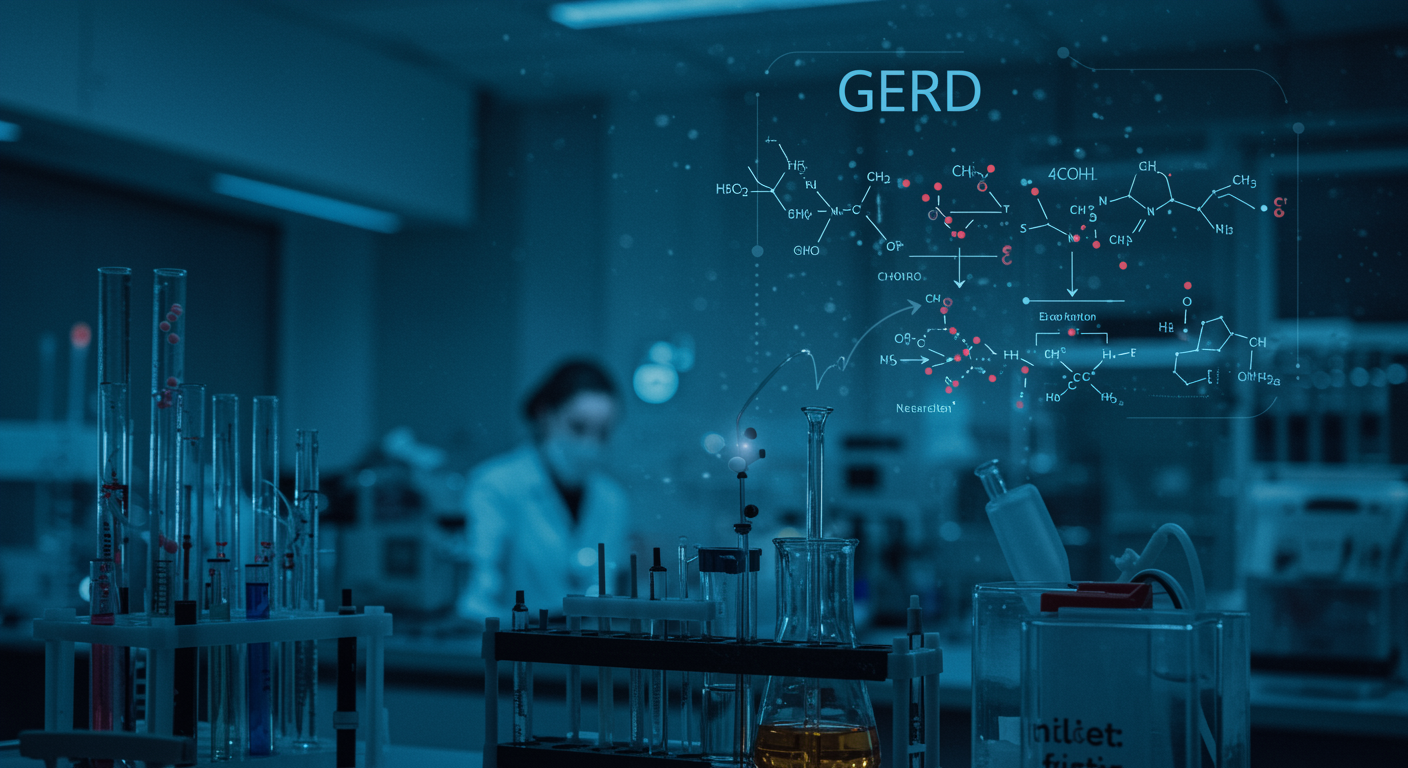How Esophageal Movement Patterns Trigger GERD Episodes
What Esophageal Movements Predict When Acid Reflux Will Occur?
Specific esophageal movement patterns during transient lower esophageal sphincter relaxation can predict when acid reflux episodes will occur in GERD patients. Research shows that particular combinations of esophageal shortening, widening, and positioning changes create the perfect conditions for stomach acid to flow backward into the esophagus.
Dr. Kumar’s Take
This research helps us understand why some people with normal sphincter function still develop GERD - it’s not just about the sphincter opening, but how the entire esophagus moves during that opening. These movement patterns explain why certain positions, activities, or timing can trigger reflux episodes even in people without obvious anatomical problems. Understanding these mechanics gives us better insight into why lifestyle modifications like avoiding bending over after meals actually work.



